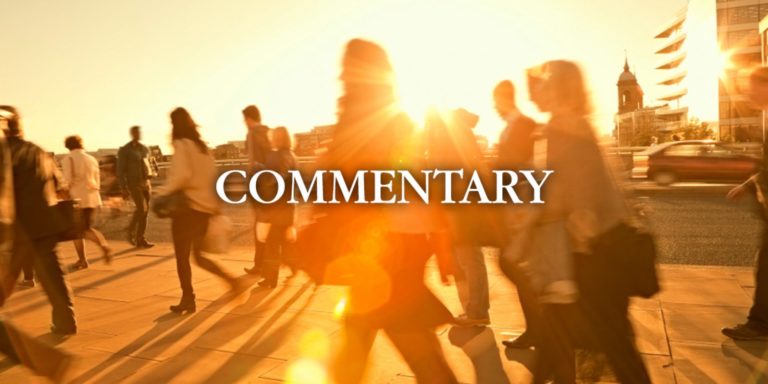In our New Year’s greeting we wrote that farmer’s almanacs used to say that April is the cruellest month, and so it could be this year on a wider perspective. It is the period when cupboards are empty because provisions from the prior year’s harvest have run out, but the new season’s green shoots have not yet appeared.
With the inability of many countries, including the US and the UK, to get the Covid-19 pandemic under control and the worry about more contagious variants abounding, it certainly seems that way today.
As we look forward to the New Year after the turmoil of last year, however, we believe that there is cause for optimism. We are in the process of overcoming many of the challenges that have confronted us over the past several years, including the pandemic.
In politics, the inauguration of President Biden despite the events of the past several weeks is testimony to the resilience of the US political system and should lead to a period of more constructive and predictable politics. The US has prospered under moderate and divided government and is likely to do so now, not least because it has never paid to bet against the US economy or to fight the Fed.
In Europe, the protracted Brexit process has come to its conclusion. The disruption to trade is significant, and the issues will be time consuming and costly to resolve. The political repercussions in the UK will carry on as well but are primarily a domestic issue. We continue to believe that market access for the UK will require a degree of alignment in order not to have an unfair advantage. We are prepared from a business perspective ourselves in any case.
Covid-19 has added to those challenge in an immeasurable way and its impact will be felt for years. Many have lost family and friends to the illness, or have had it themselves, and many more will be affected by the physical and psychological impacts of disrupted education, lost employment, social isolation, and concerns about the future.
It is clear, however, that the global effort to develop vaccines has succeeded and that the major vaccines work. These include the mRNA vaccines developed by BioNTech and Moderna, the Oxford/Astra vaccine despite its issues, the more traditional ones that are in development by Sanofi, Johnson & Johnson and others, but also the Sputnik V vaccine developed in Russia and rolled out in China and elsewhere. The rollout will be difficult, and it will take months to vaccinate the vulnerable, healthcare workers and over time the general population. It may be that vaccines have to be modified and taken annually. However, the effort will succeed and even though the situation looks dire as we start the year, it could change quickly if the numbers of those seriously ill and hospitalized drop, healthcare workers are no longer at risk and healthcare systems regain their capacity. We should also recall that Covid-19 is a somewhat seasonal disease so it should recede in the coming months as the weather improves.
The pandemic has hit the US and European economies where they are most exposed: services. In many countries restaurants, hotels, retail, personal services, healthcare, and other professional services are all heavily impacted or shut down. That is bad news because it is where the employment is and why governments have had to provide income support on an unprecedented scale. It is however very good news for when the economies open up and people are able to provide and consume services again. The government payments to those who need it are an entirely Keynesian stimulus that is spent not saved, and pent-up demand will lead to significant growth.
Meanwhile it is clear that governments and central banks will do whatever it takes to support their economies through this period of challenge and distress. The current low, and in many cases negative, interest rate environment is likely to prevail for a prolonged period of time, not least because the high levels of unemployment mean that the wage inflation we saw just before the pandemic will be more limited, and will force investors to adjust their expectations of risk and reward from their investments.
During the past year our World Stars portfolio was resilient, increasing 21.4% in US dollar terms net of fees. Our approach to investing in quality and value for the long-term has led us to invest in companies that have the scale, resources, and balance sheets to prevail during the uncertainty.

